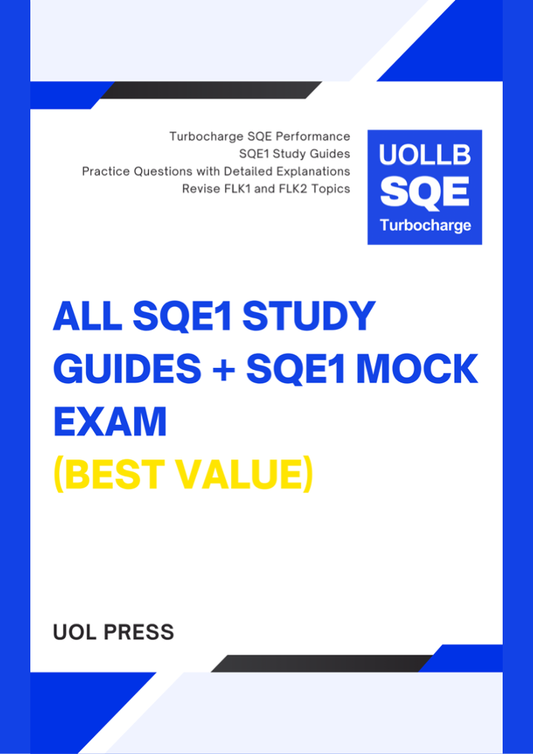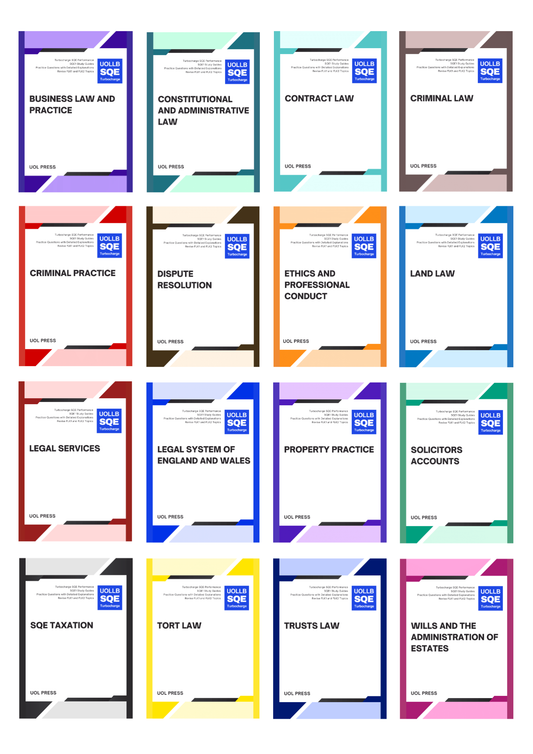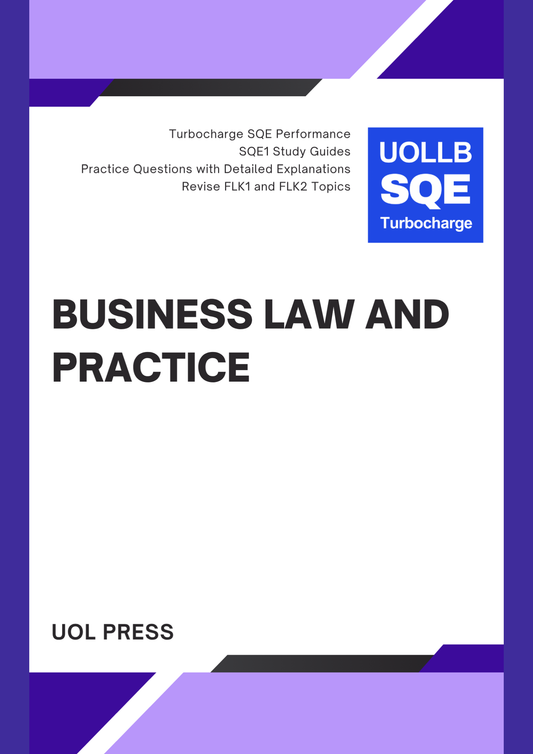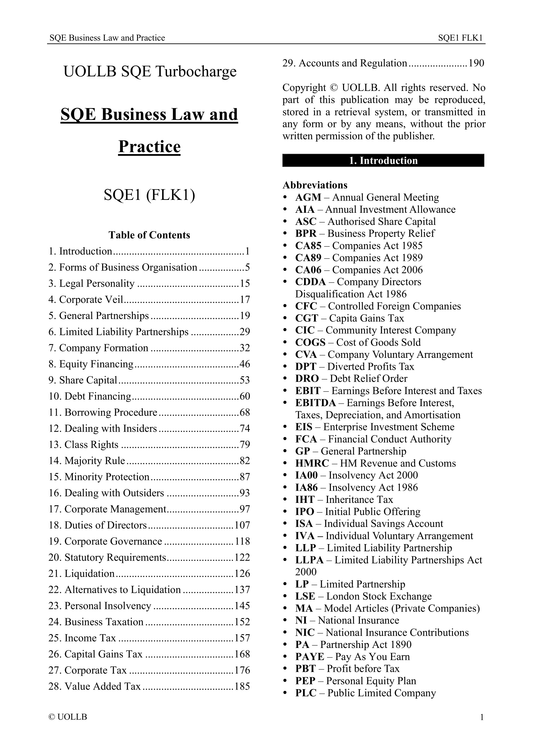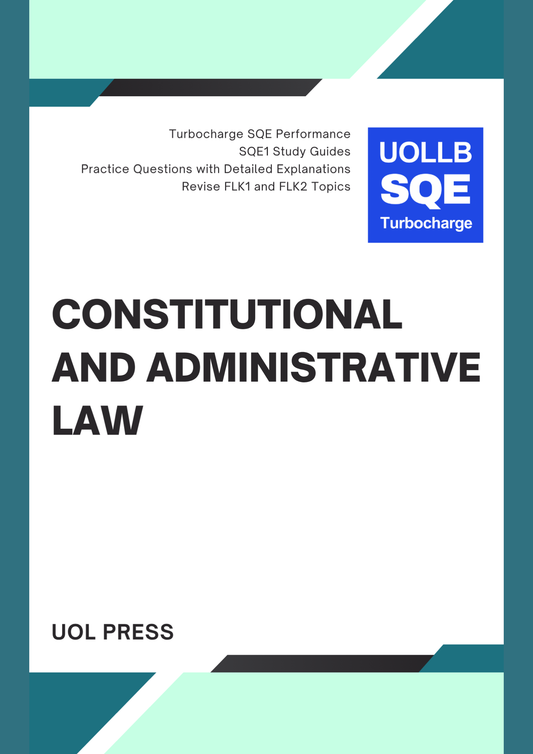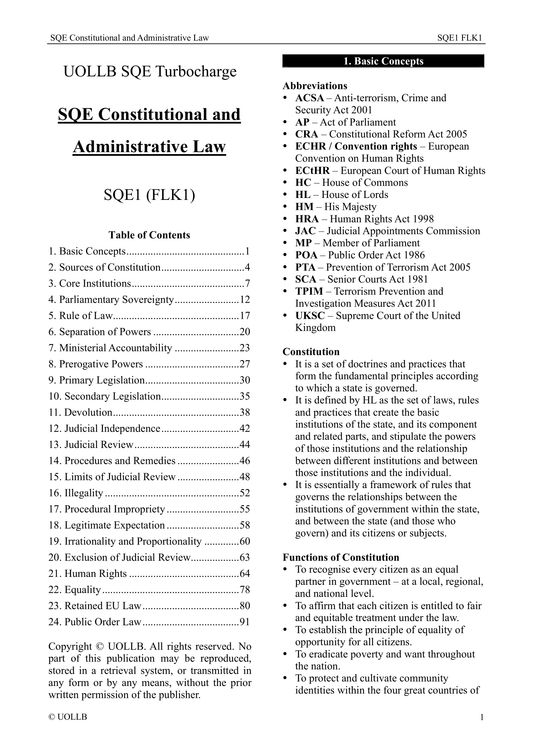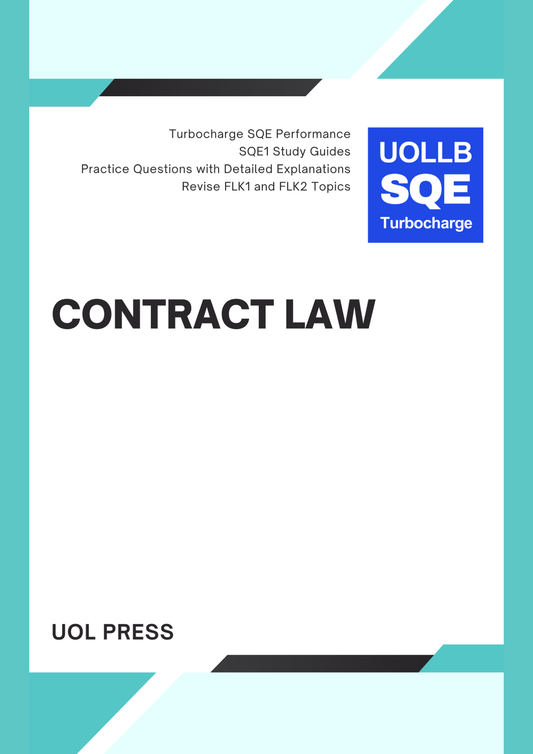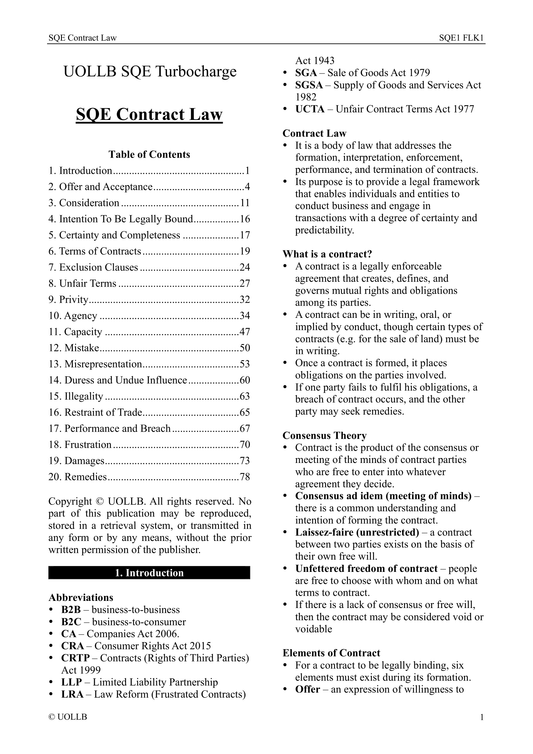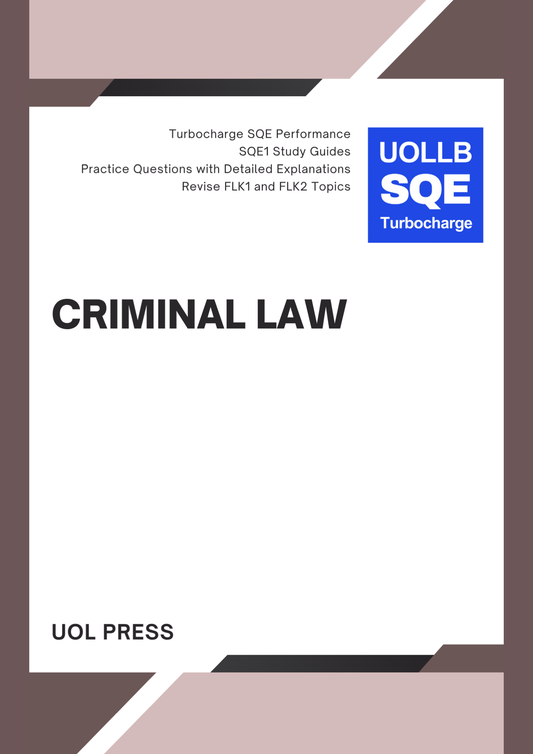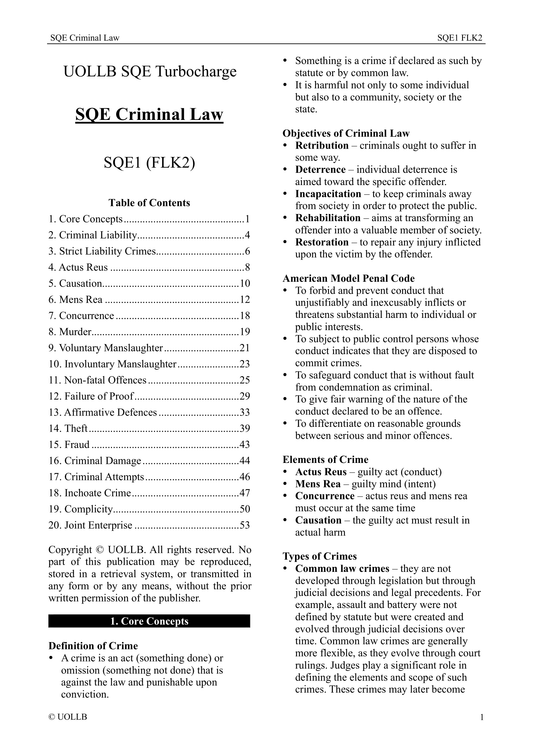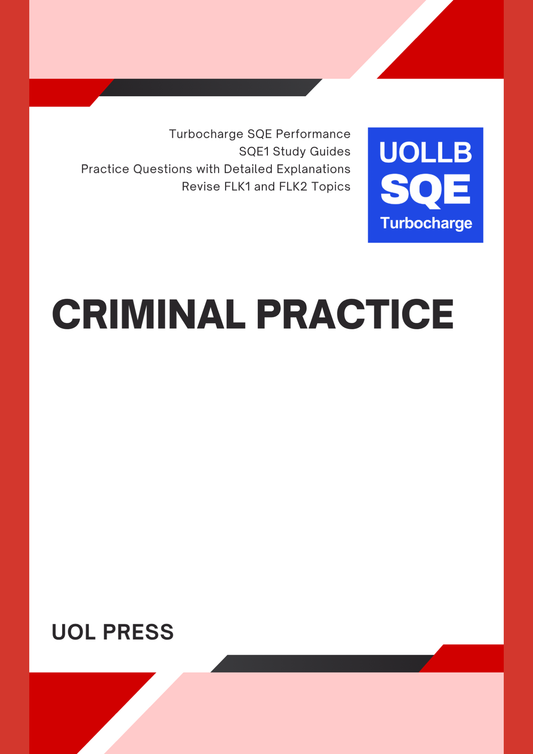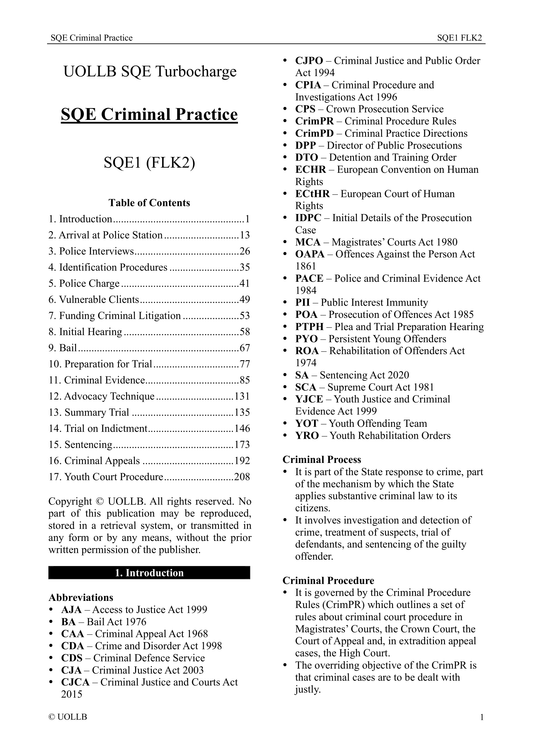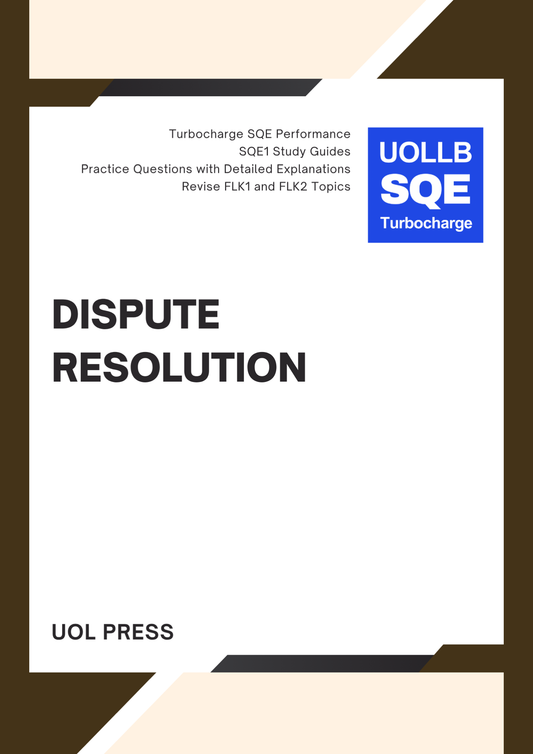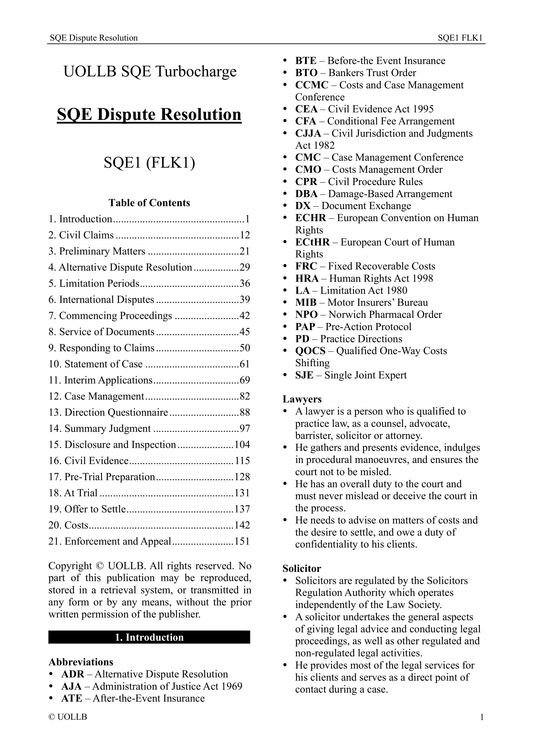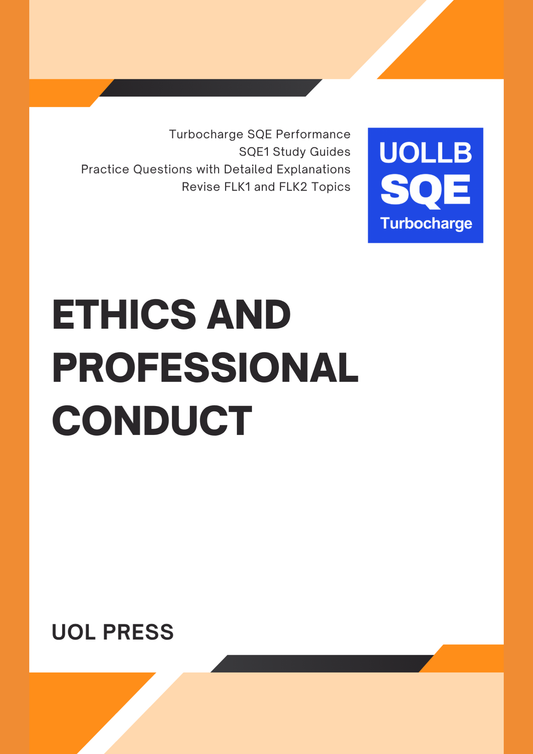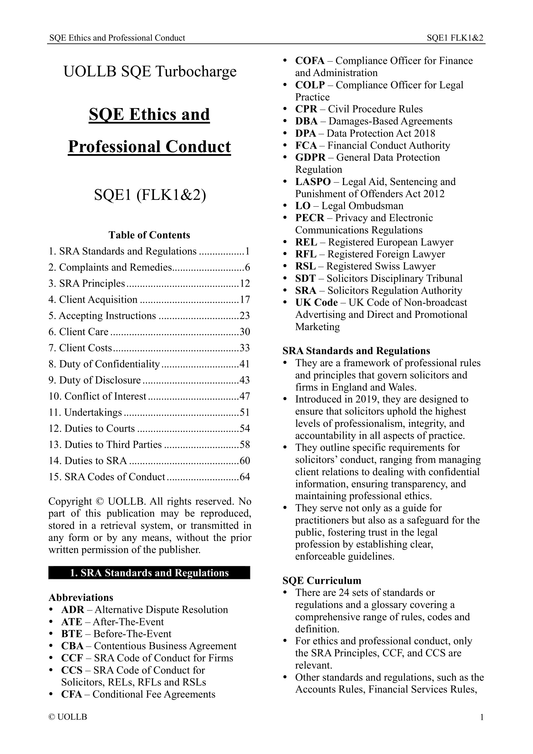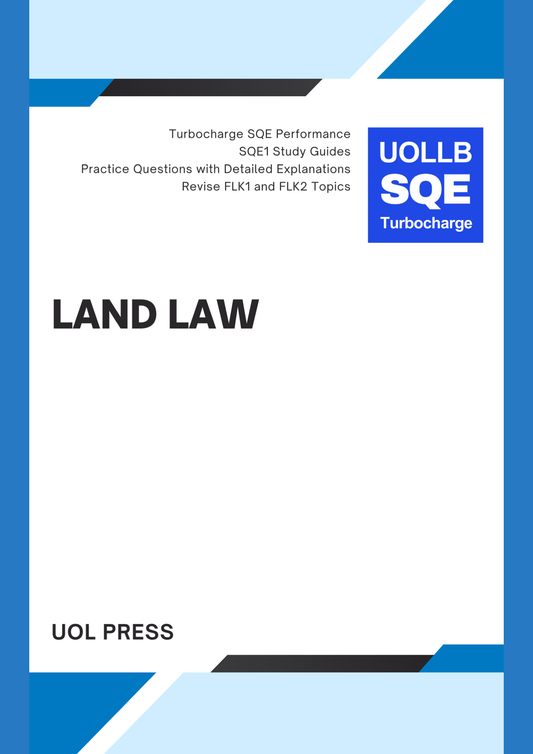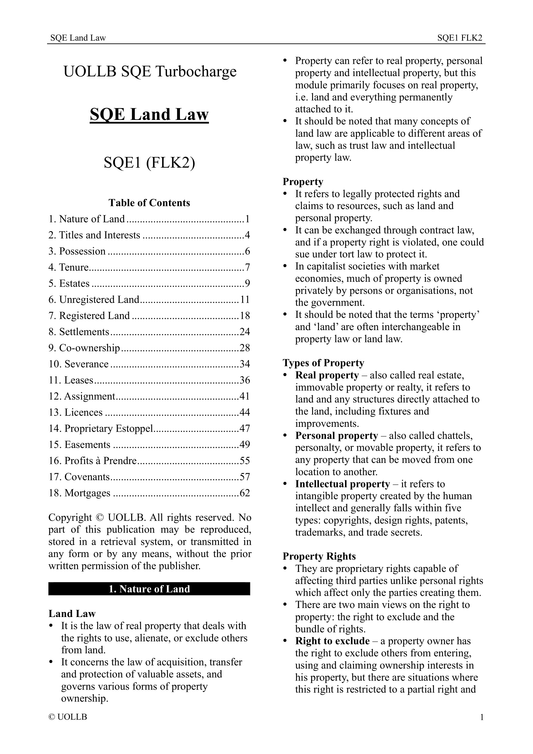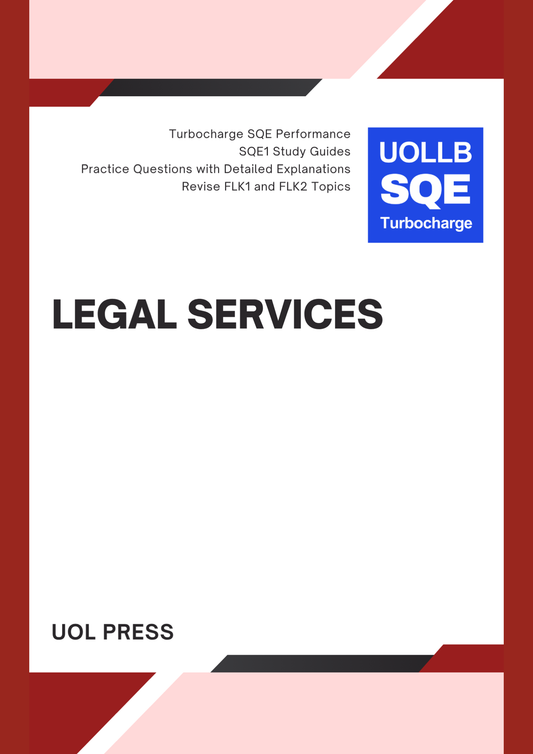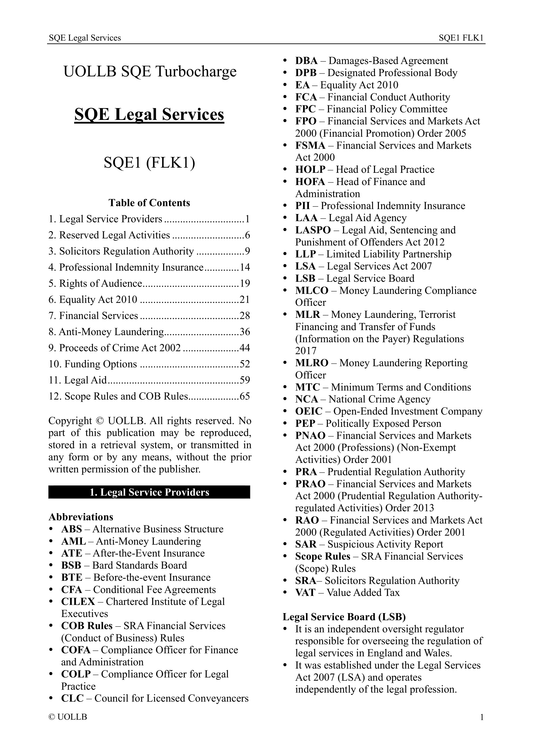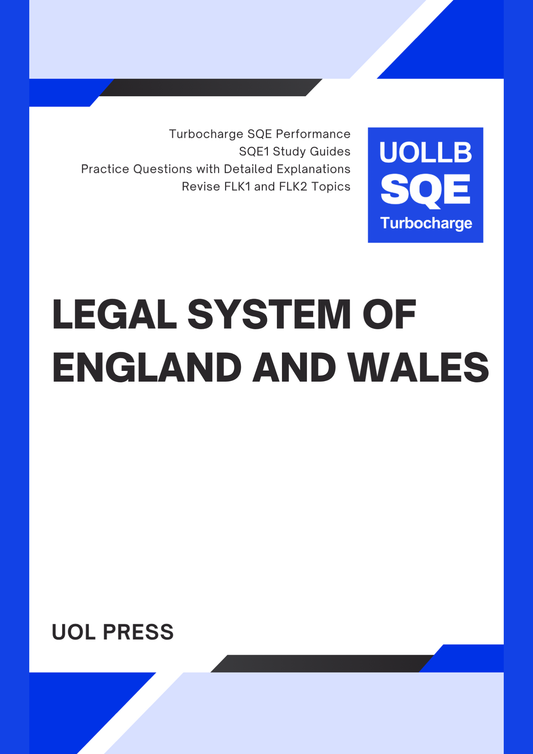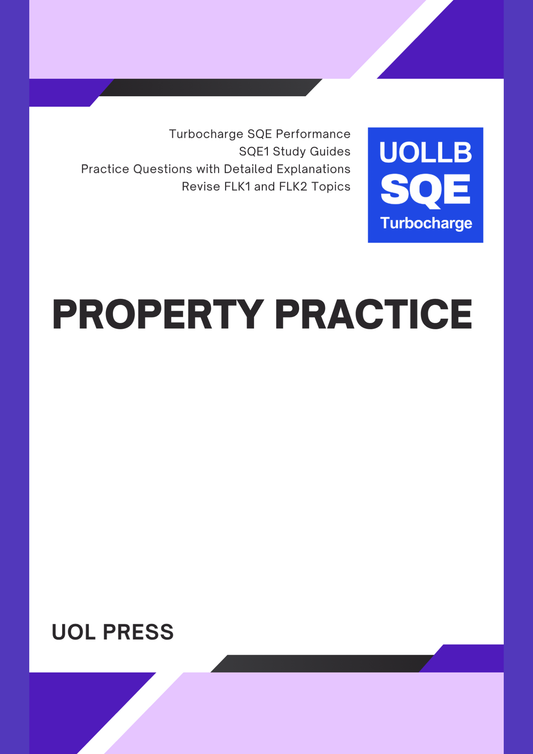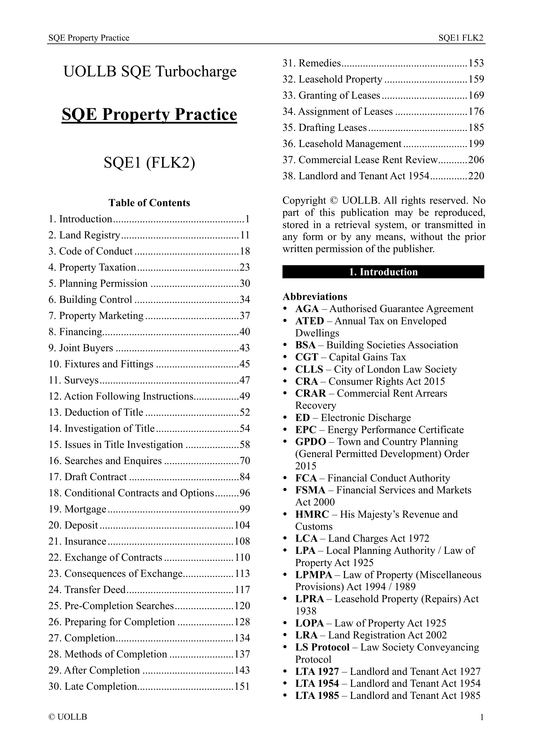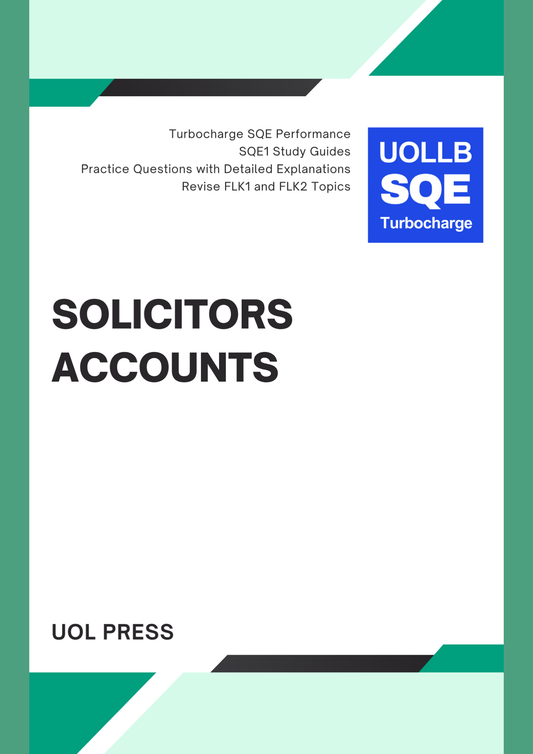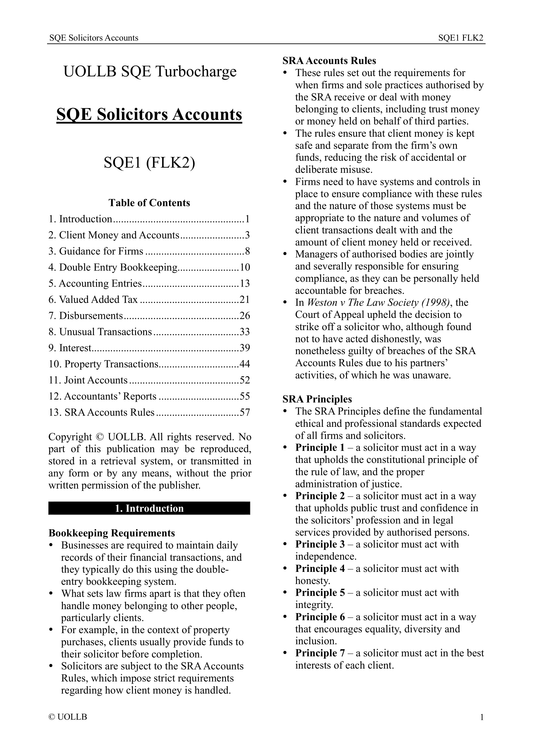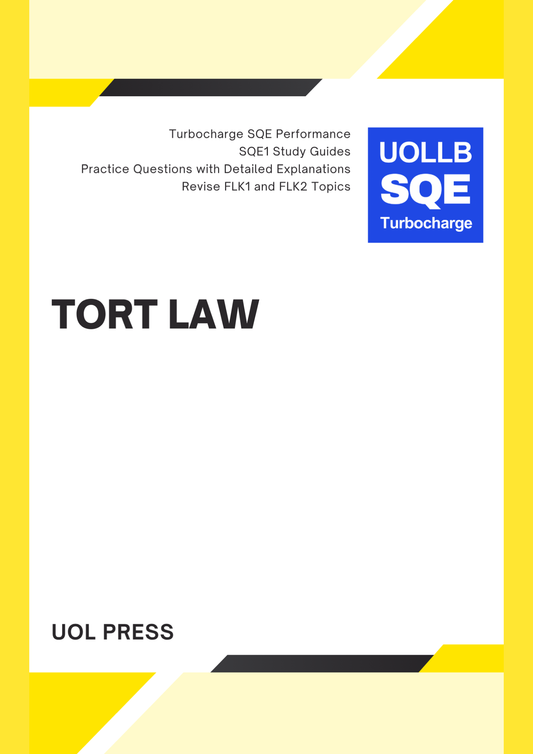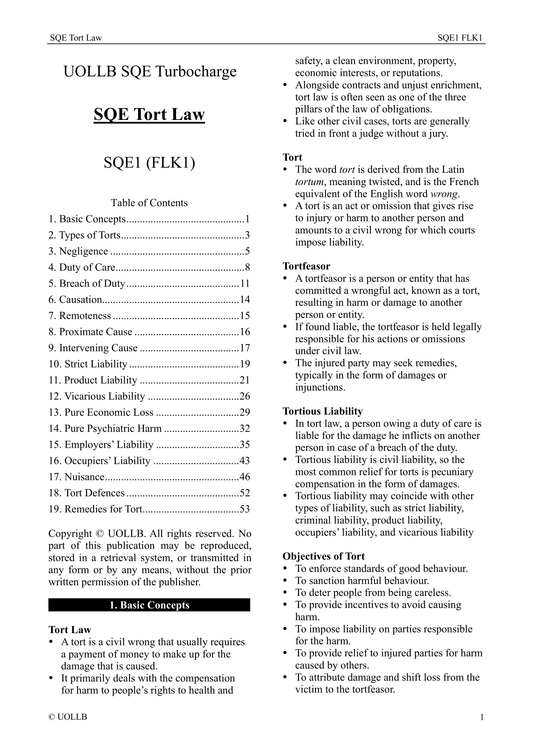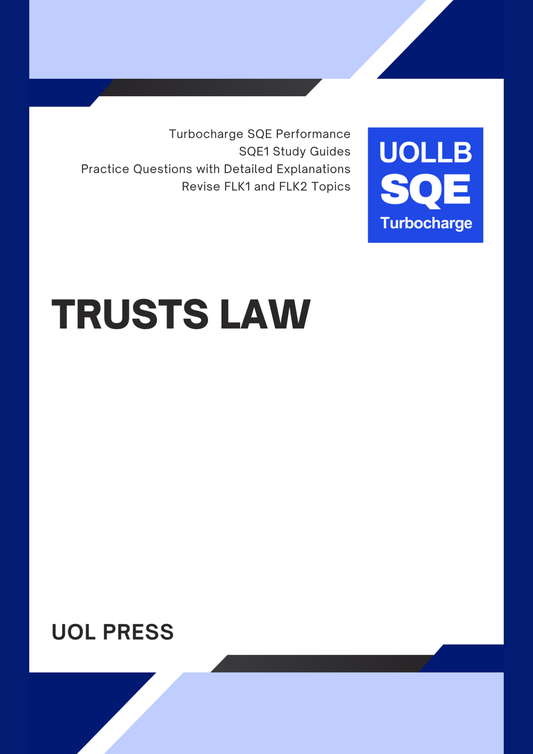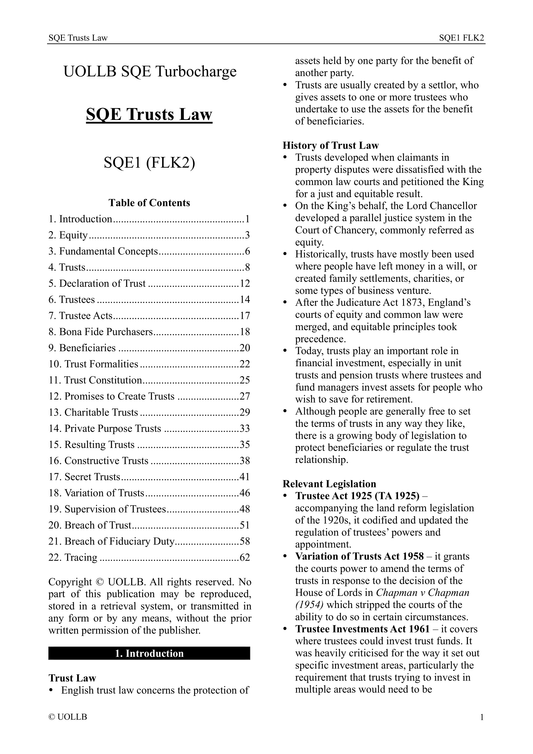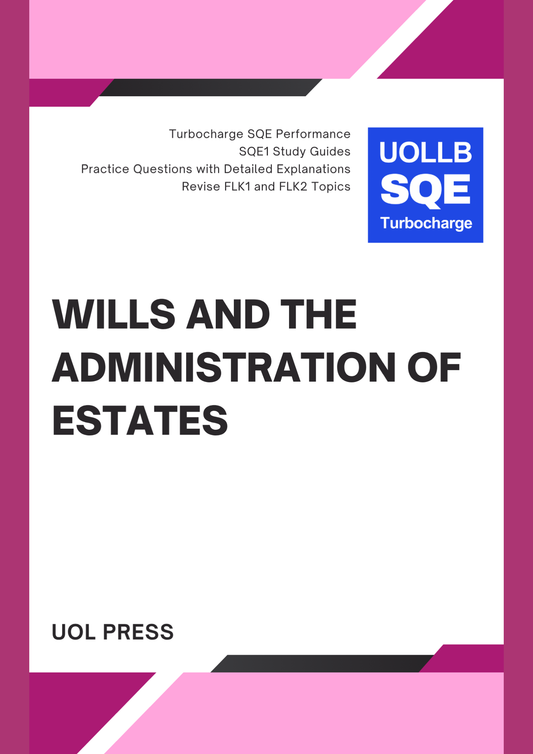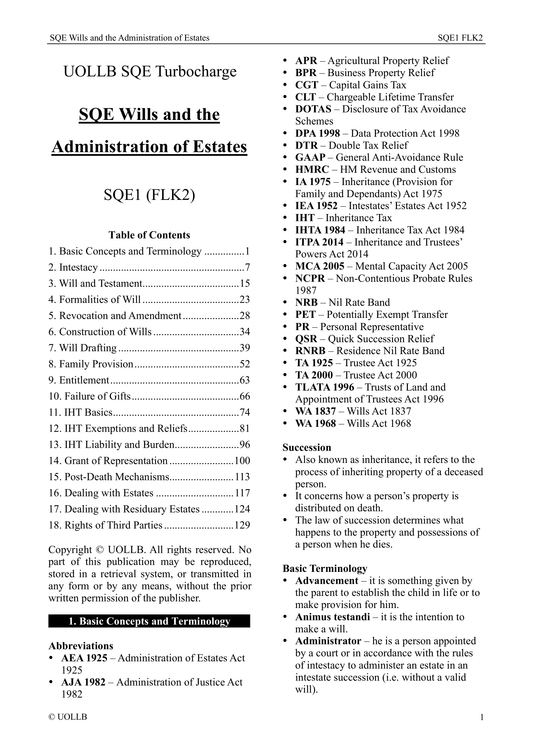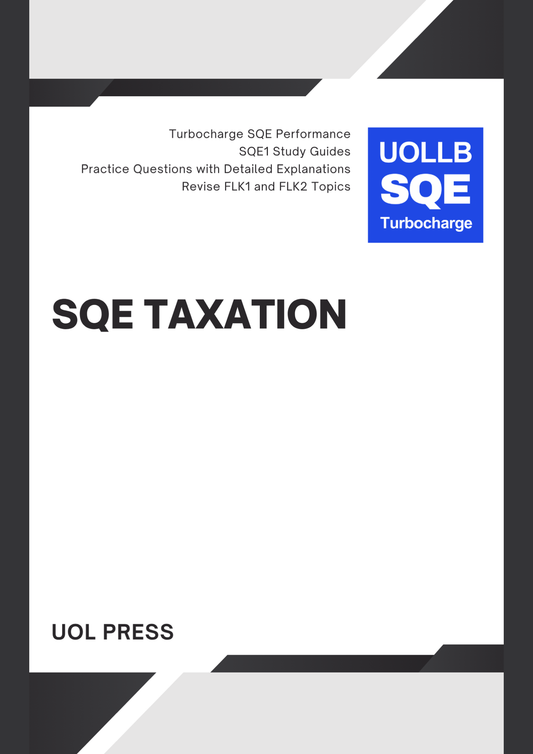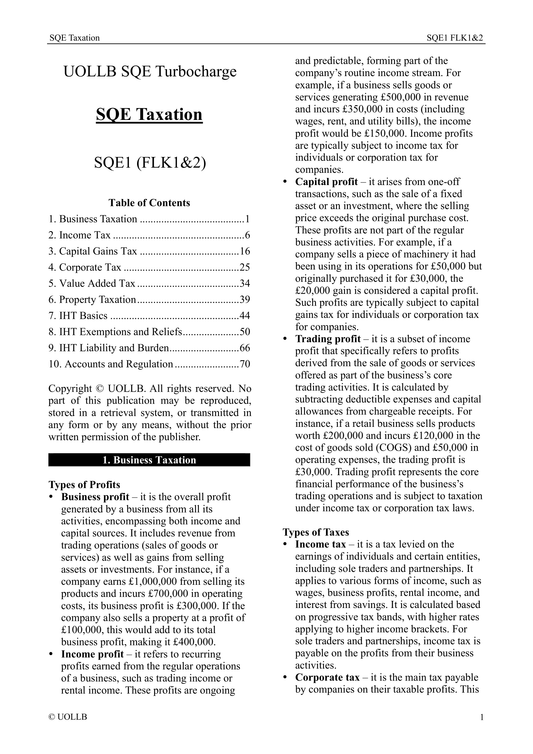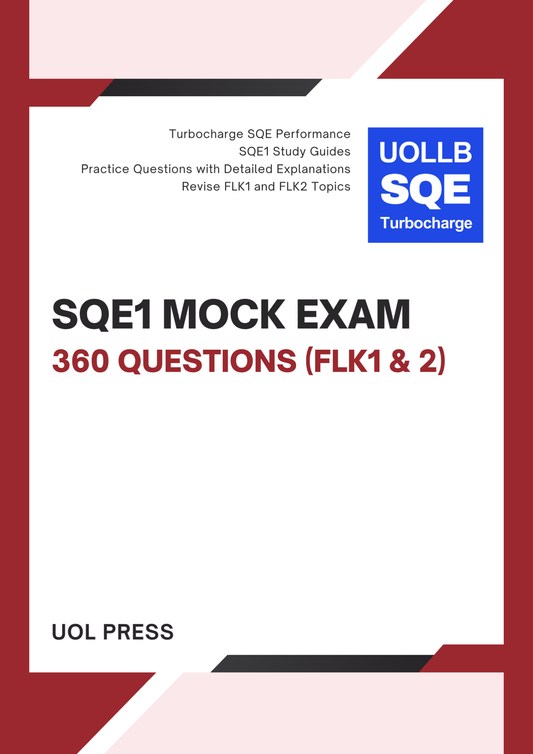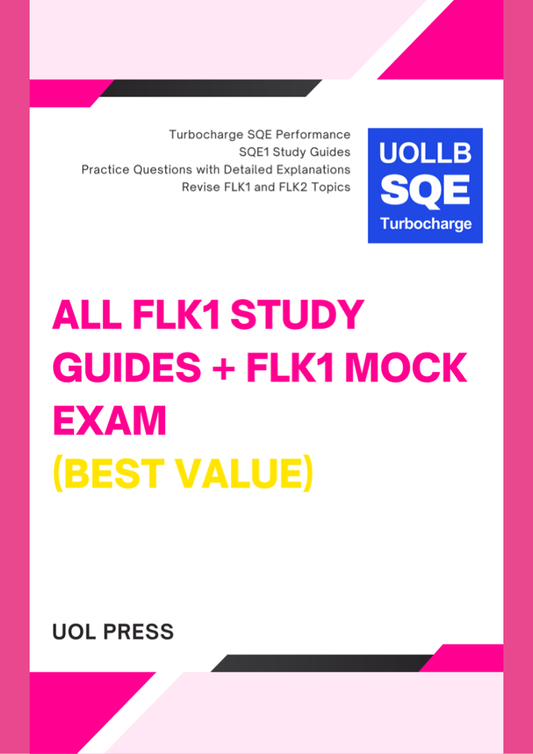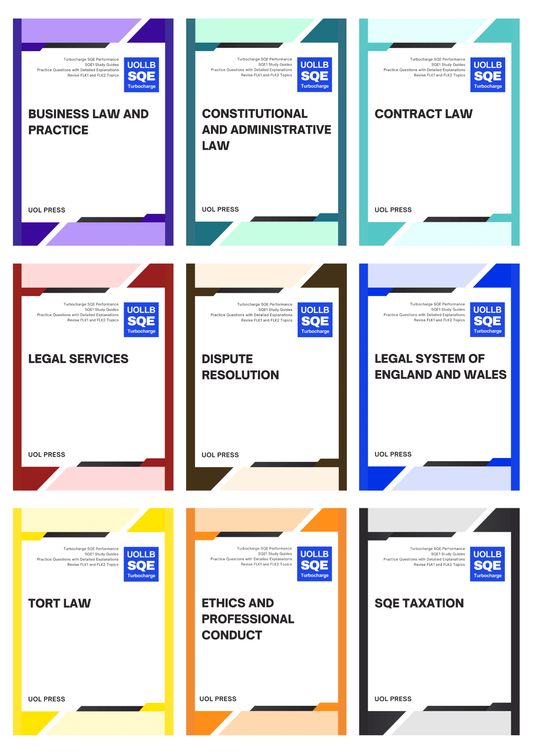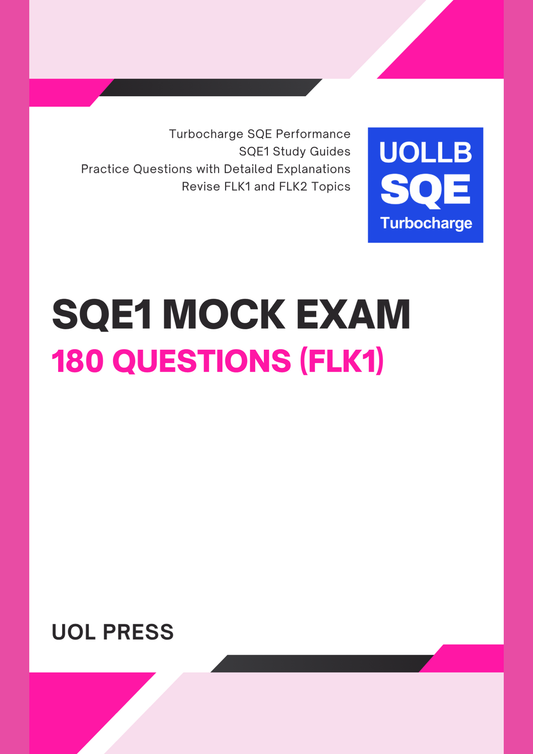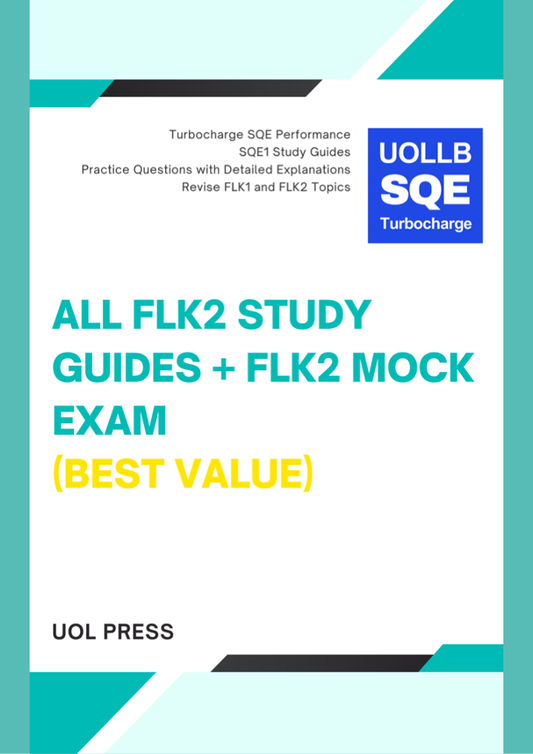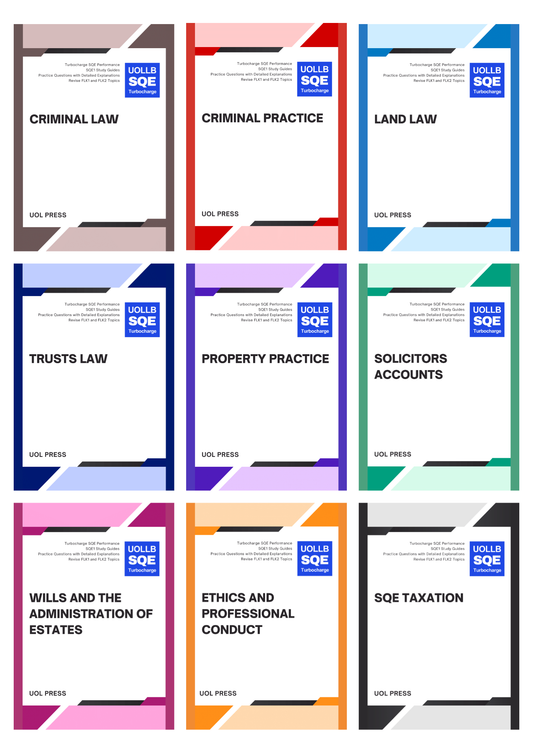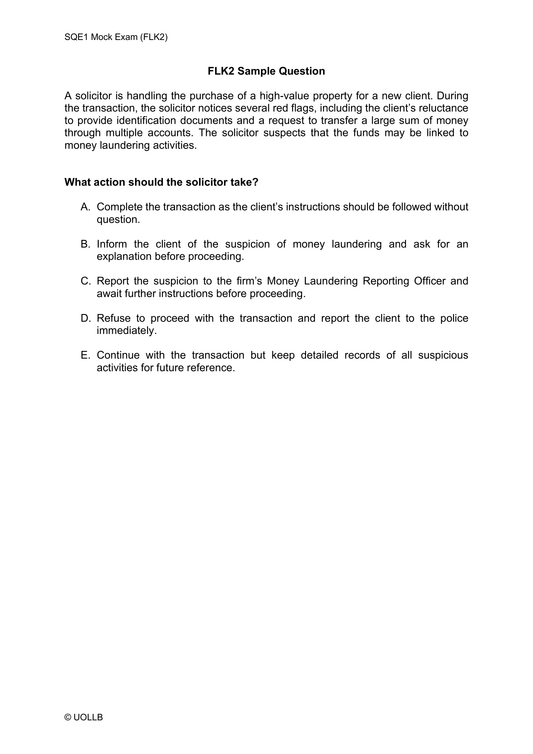QWE vs Training Contract
Share
The primary distinction between QWE (Qualifying Work Experience) under the SQE route and a traditional LPC training contract lies in the timing, flexibility, accessibility, and structure of the work experience required to qualify as a solicitor. These features make the SQE route more adaptable, especially for those who might face challenges securing a traditional training contract.
Timing
Under the LPC route, a training contract is a two-year period of structured, supervised work experience that must be completed after finishing the LPC. You work for a single employer, usually a law firm, where you rotate through different practice areas to gain a broad understanding of legal practice. The process is highly formalised, with dedicated training partners or graduate recruitment teams overseeing your progress.
In contrast, QWE under the SQE offers far greater flexibility. You can complete the required two years of work experience before, during, or after attempting the SQE exams. This allows you to tailor your qualification journey to your personal circumstances, balancing your preparation for SQE1 and SQE2 with gaining practical experience.
Accessibility
The LPC training contract is often seen as less accessible due to its competitive nature. Law firms generally recruit for training contracts well in advance, and there are fewer opportunities available compared to the number of aspiring solicitors. This bottleneck has historically been a barrier for many aspiring solicitors, particularly those without extensive connections or strong academic records.
In comparison, QWE is designed to be more inclusive. It can be completed in up to four different legal environments, including such as law firms, in-house legal departments, pro bono organisations, or even legal clinics, provided the work is relevant to the practice of law. This means you have access to a wider range of opportunities and are not limited to securing a formal training contract at a single employer.
Structure
LPC training contracts are structured programmes with rotations across multiple legal departments, offering exposure to different areas of law under close supervision. These programmes are designed to provide a comprehensive grounding in legal practice and often culminate in the offer of a position as a qualified solicitor within the firm.
With QWE, the structure is more flexible and less formalised. You can gain experience in various legal settings, provided you undertake tasks relevant to legal practice. Each period of QWE must be tracked using the SRA's training template and signed off by a solicitor or Compliance Officer for Legal Practice. The supervisor does not need to work for the same organisation where you are gaining experience but must confirm that the experience is valid and meets the SRA's requirements.
Flexibility
In the LPC route, a training contract is completed with one employer, fostering a strong relationship between you and the firm. This consistency can be beneficial for career progression within that firm but may limit opportunities to experience different working environments.
QWE, however, allows you to gain experience at up to four different organisations, offering exposure to varied legal settings and broadening your professional networks. This portability means you can tailor your experience to align with your career goals, such as focusing on a specific area of law or gaining experience in multiple sectors.
In conclusion, the introduction of QWE under the SQE has made the qualification process more flexible and inclusive, allowing you to gain practical experience in diverse legal environments. Unlike the traditional LPC training contract, which requires a fixed two-year programme at a single employer, QWE can be completed in stages, across different employers, and alongside SQE preparation.
Timing
Under the LPC route, a training contract is a two-year period of structured, supervised work experience that must be completed after finishing the LPC. You work for a single employer, usually a law firm, where you rotate through different practice areas to gain a broad understanding of legal practice. The process is highly formalised, with dedicated training partners or graduate recruitment teams overseeing your progress.
In contrast, QWE under the SQE offers far greater flexibility. You can complete the required two years of work experience before, during, or after attempting the SQE exams. This allows you to tailor your qualification journey to your personal circumstances, balancing your preparation for SQE1 and SQE2 with gaining practical experience.
Accessibility
The LPC training contract is often seen as less accessible due to its competitive nature. Law firms generally recruit for training contracts well in advance, and there are fewer opportunities available compared to the number of aspiring solicitors. This bottleneck has historically been a barrier for many aspiring solicitors, particularly those without extensive connections or strong academic records.
In comparison, QWE is designed to be more inclusive. It can be completed in up to four different legal environments, including such as law firms, in-house legal departments, pro bono organisations, or even legal clinics, provided the work is relevant to the practice of law. This means you have access to a wider range of opportunities and are not limited to securing a formal training contract at a single employer.
Structure
LPC training contracts are structured programmes with rotations across multiple legal departments, offering exposure to different areas of law under close supervision. These programmes are designed to provide a comprehensive grounding in legal practice and often culminate in the offer of a position as a qualified solicitor within the firm.
With QWE, the structure is more flexible and less formalised. You can gain experience in various legal settings, provided you undertake tasks relevant to legal practice. Each period of QWE must be tracked using the SRA's training template and signed off by a solicitor or Compliance Officer for Legal Practice. The supervisor does not need to work for the same organisation where you are gaining experience but must confirm that the experience is valid and meets the SRA's requirements.
Flexibility
In the LPC route, a training contract is completed with one employer, fostering a strong relationship between you and the firm. This consistency can be beneficial for career progression within that firm but may limit opportunities to experience different working environments.
QWE, however, allows you to gain experience at up to four different organisations, offering exposure to varied legal settings and broadening your professional networks. This portability means you can tailor your experience to align with your career goals, such as focusing on a specific area of law or gaining experience in multiple sectors.
In conclusion, the introduction of QWE under the SQE has made the qualification process more flexible and inclusive, allowing you to gain practical experience in diverse legal environments. Unlike the traditional LPC training contract, which requires a fixed two-year programme at a single employer, QWE can be completed in stages, across different employers, and alongside SQE preparation.
